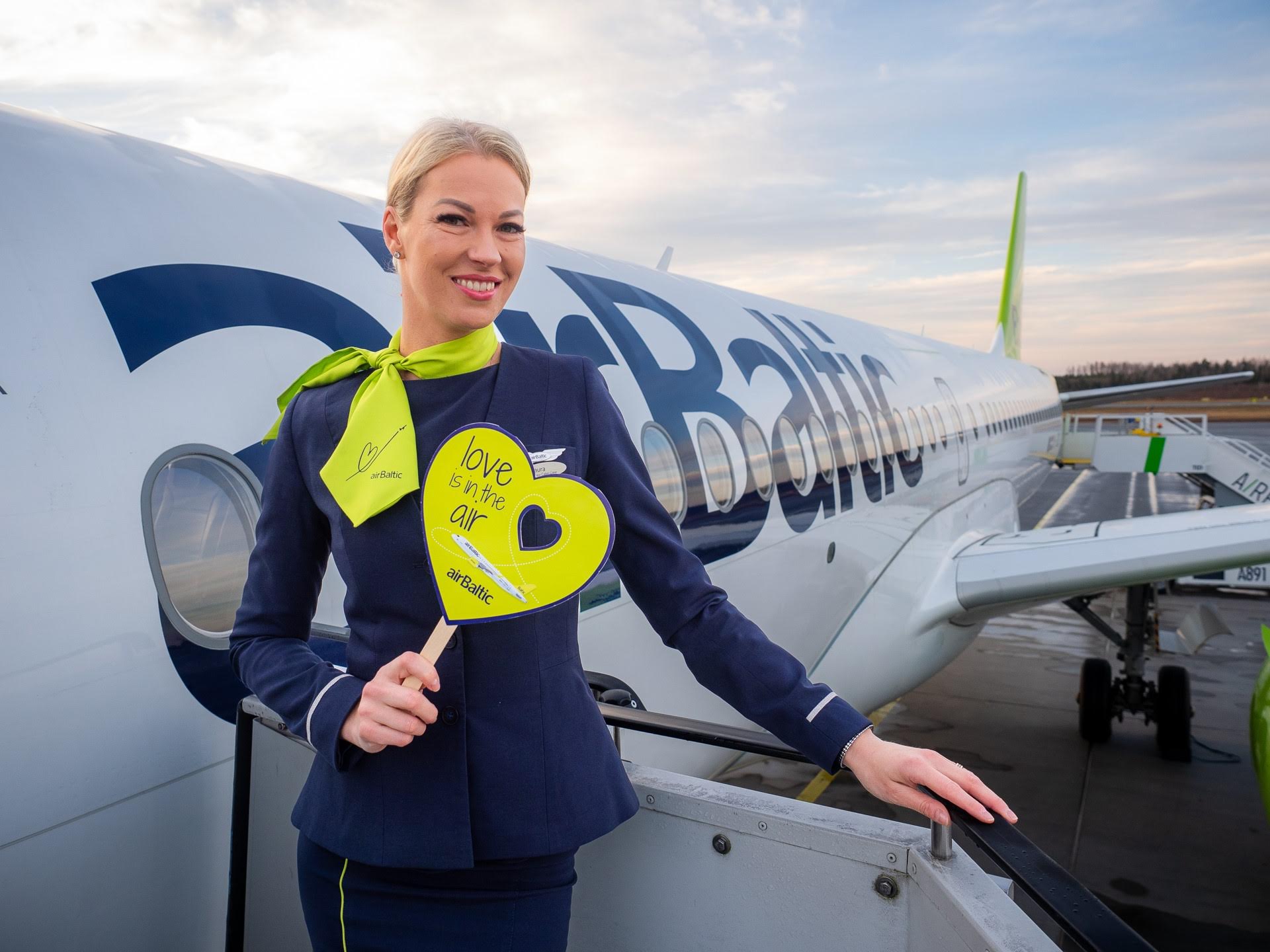
Ever wondered how you can book a flight with one airline but end up flying with another? That's the magic of airline code-sharing agreements. These partnerships between airlines allow them to share flight operations, making travel more convenient and efficient for passengers. Imagine booking a ticket with American Airlines but flying on a British Airways plane. This isn't just a coincidence; it's a strategic move to expand networks without adding new planes. Code-sharing can offer more flight options, better connections, and sometimes even lower fares. But how does it all work? Let's dive into 19 intriguing facts about these agreements that keep the skies connected.
Key Takeaways:
- Airlines use code-sharing to offer more destinations, seamless connections, and shared resources, benefiting both airlines and passengers.
- Despite its benefits, code-sharing can lead to confusion for passengers and variations in service standards between partner airlines.
What is Code-Sharing?
Code-sharing is a common practice in the airline industry where two or more airlines share the same flight. This means one airline operates the flight, while others sell tickets for it under their own airline codes.
-
Code-sharing allows airlines to expand their network without operating additional flights. By partnering with other airlines, they can offer more destinations to their customers.
-
Passengers can book flights with multiple airlines under one ticket. This simplifies the booking process and often results in better prices and more convenient connections.
-
Airlines can share resources and reduce costs. This includes sharing ground services, maintenance, and even crew, leading to more efficient operations.
Benefits for Passengers
Code-sharing offers numerous advantages for travelers, making their journey smoother and more enjoyable.
-
Travelers often enjoy seamless connections between flights. With coordinated schedules, passengers can transfer between flights with minimal layover times.
-
Frequent flyer miles can be earned and redeemed across partner airlines. This means more opportunities to accumulate points and enjoy rewards.
-
Passengers have access to a wider range of destinations. Even if an airline doesn't fly to a particular city, its code-sharing partners might.
How Airlines Benefit
Airlines also gain significantly from code-sharing agreements, enhancing their operations and market presence.
-
Airlines can enter new markets without the need for additional aircraft. This reduces the financial risk associated with expanding their route network.
-
Code-sharing helps airlines improve their load factors. By filling more seats on each flight, airlines can operate more efficiently and profitably.
-
It enhances the airline's brand presence globally. Partnering with well-known airlines can boost an airline's reputation and attract more customers.
Challenges and Considerations
Despite the benefits, code-sharing comes with its own set of challenges and considerations.
-
Passengers might face confusion regarding which airline operates their flight. This can lead to misunderstandings about check-in procedures, baggage policies, and in-flight services.
-
Service standards can vary between partner airlines. This inconsistency can affect the overall travel experience for passengers.
-
Discrepancies in frequent flyer programs can occur. Not all partner airlines offer the same benefits, which can be frustrating for loyal customers.
Regulatory Aspects
Code-sharing agreements are subject to various regulations to ensure fair competition and passenger protection.
-
Airlines must obtain approval from aviation authorities. This ensures that code-sharing agreements comply with safety and operational standards.
-
Transparency is required in marketing and ticketing. Airlines must clearly inform passengers about which airline will operate their flight.
-
Consumer protection laws apply to code-sharing flights. Passengers have rights regarding delays, cancellations, and other issues, regardless of which airline operates the flight.
Examples of Code-Sharing
Several well-known airlines participate in extensive code-sharing agreements, benefiting both the airlines and their passengers.
-
United Airlines and Lufthansa have a long-standing code-sharing partnership. This allows them to offer a vast network of destinations across the Americas and Europe.
-
Qantas and Emirates also have a significant code-sharing agreement. This partnership provides passengers with numerous travel options between Australia, Europe, and the Middle East.
-
Delta Air Lines and Air France-KLM collaborate through code-sharing. This enhances their transatlantic services and offers more choices for travelers.
Future of Code-Sharing
The future of code-sharing looks promising as airlines continue to seek ways to improve efficiency and expand their networks.
- Technological advancements will streamline code-sharing operations. Improved IT systems will enhance coordination between airlines, making the process even smoother for passengers.
The Bottom Line on Airline Code-Sharing
Airline code-sharing agreements offer travelers more options, convenience, and potential savings. These partnerships allow airlines to expand their reach without adding new planes or routes. For passengers, this means easier connections, more destinations, and often better prices. However, it's essential to be aware of the potential downsides, like varying service standards and complicated booking processes. Always check the details of your flight, including which airline operates each leg of your journey. This can help avoid surprises and ensure a smoother travel experience. Understanding the ins and outs of code-sharing can make your next trip more enjoyable and less stressful. So next time you book a flight, keep these facts in mind to make the most of your travel plans. Happy flying!
Frequently Asked Questions
Was this page helpful?
Our commitment to delivering trustworthy and engaging content is at the heart of what we do. Each fact on our site is contributed by real users like you, bringing a wealth of diverse insights and information. To ensure the highest standards of accuracy and reliability, our dedicated editors meticulously review each submission. This process guarantees that the facts we share are not only fascinating but also credible. Trust in our commitment to quality and authenticity as you explore and learn with us.


